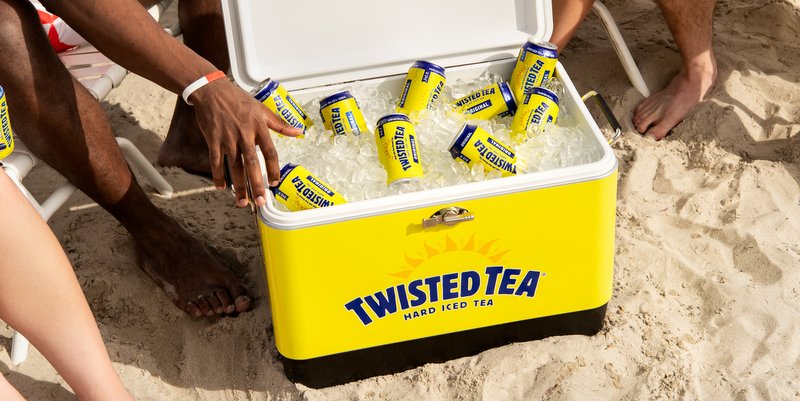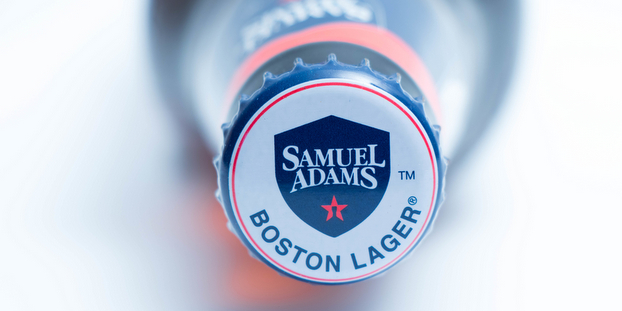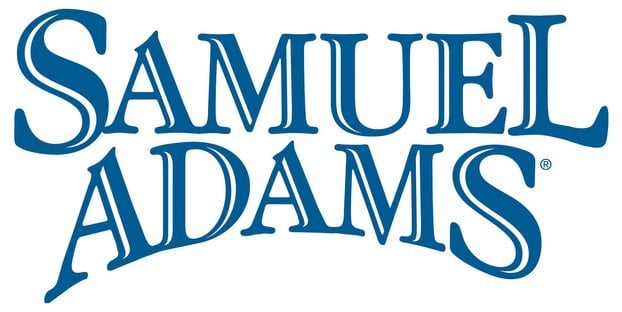
From splashy craft beer brand buys, to the meteoric rise and decline of hard seltzer to, well, whatever era it is we’re in now, you can really follow the volatile ebbs and flows of the beer and beyond market via Boston Beer’s earning reports. Here are few of our headlines…
- February 2020: Boston Beer clears $1 billion in net revenue in 2019 and more stats from its year-end earnings report (Dogfish Head plays a big role)
- July 2020: How is Boston Beer doing in the COVID era? Truly thankful for hard seltzers
- October 2020: Boston Beer has another great quarter, plans even more seltzers, canned cocktails to rule 2021
- Feb 2021: ‘Truly’ crushing it: Boston Beer nets over $1.7 billion in 2020 revenue
- July 2021: Boston Beer bet wrong on Truly’s growth, so is hard seltzer over?
- October 2021: Boston Beer dumped a lot of Truly hard seltzer in Q3
- October 2022: Boston Beer is fine one year after big, bad bet on hard seltzer
That last headline continued into Q2 2023. The Boston Beer Company reported financial results for the second quarter last week, and stock analysts say the numbers were better than expected, largely due to the continued success of Twisted Tea.
“As we expected, our second quarter performance reflected strong growth in Twisted Tea, offset by continuing challenges in the hard seltzer category, and we are reiterating our 2023 depletion and shipment expectations as well as our earnings guidance,” said President and CEO Dave Burwick. “Based on our second quarter financial performance, we plan to increase our balance of year spend behind both the Truly and Twisted Tea brands as we believe our messaging is effective and the business will respond over the short-and longer-term to these investments. We are focused on enhancing our productivity to continue to improve our gross margin and in turn incrementally invest to further strengthen our brands.”
Depletions in the second quarter decreased 3% from the prior year, reflecting decreases in the Company’s Truly Hard Seltzer, Angry Orchard, Hard Mountain Dew and Samuel Adams brands, partially offset by increases in its Twisted Tea and Dogfish Head brands. Shipment volume for the quarter was approximately 2.3 million barrels, a 4.5% decrease from the prior year.
On the earnings call, Boston Beer management said it believes they have ad advantage in the beyond beer category and that the category will grow faster than the traditional beer market over the next several years.
Second Quarter 2023 Summary:
- Depletions decreased 3%
- Shipments decreased 4.5%
- Net revenue decreased 2.1% to $603.3 million
- Gross margin increased 230 basis points to 45.4%
- Net income increased 8.8% to $58.0 million
The Company believes distributor inventory as of July 1, 2023 averaged approximately three weeks on hand and was at an appropriate level for each of its brands, except for certain Twisted Tea brand packages that were below targeted levels due to higher than forecasted consumer demand.
Advertising, promotional and selling expenses for the second quarter of 2023 decreased $5.5 million or 3.6% from the second quarter of 2022, due to decreased freight to distributors of $15.7 million from lower rates and volumes, partially offset by an increase in brand and selling costs of $10.2 million, mainly driven by higher salaries and benefits costs, increased consulting costs and increased media investments.
General and administrative expenses increased by $6.1 million or 15.6% from the second quarter of 2022, primarily due to increased consulting and legal costs and higher salaries and benefits costs.
The Company incurred impairment costs for brewery equipment of $1.5 million in the second quarter of 2023.
Depletions Estimate
Year-to-date depletions through the 29-week period ended July 22, 2023 are estimated by the Company to have decreased approximately 6% from the prior year fiscal period.
Full-Year 2023 Projections
The Company is maintaining the full year volume and earnings guidance previously communicated in its April 25, 2023 Earnings Release and increasing its Advertising, Promotion and Selling Expense guidance. The Company experienced lower than expected freight costs year to date, which in addition to gross margin performance allows it to further support its brands. The Company’s actual 2023 results could vary significantly from the current projection and are highly sensitive to changes in volume projections particularly related to the hard seltzer category and supply chain performance as well as inflationary impacts. The 2023 fiscal year includes 52 weeks compared to the 2022 fiscal year which included 53 weeks.




Leave a Reply
You must be logged in to post a comment.